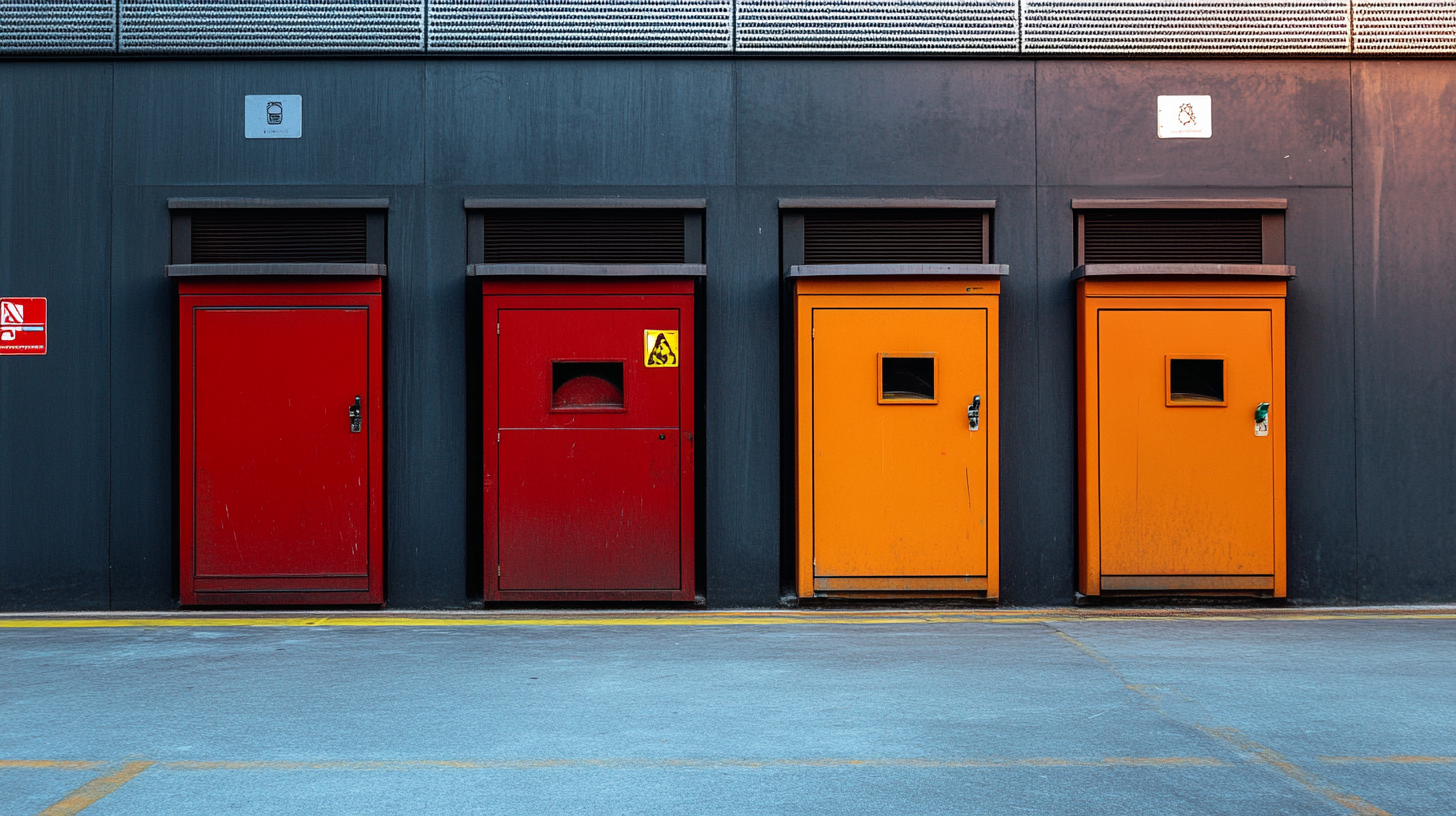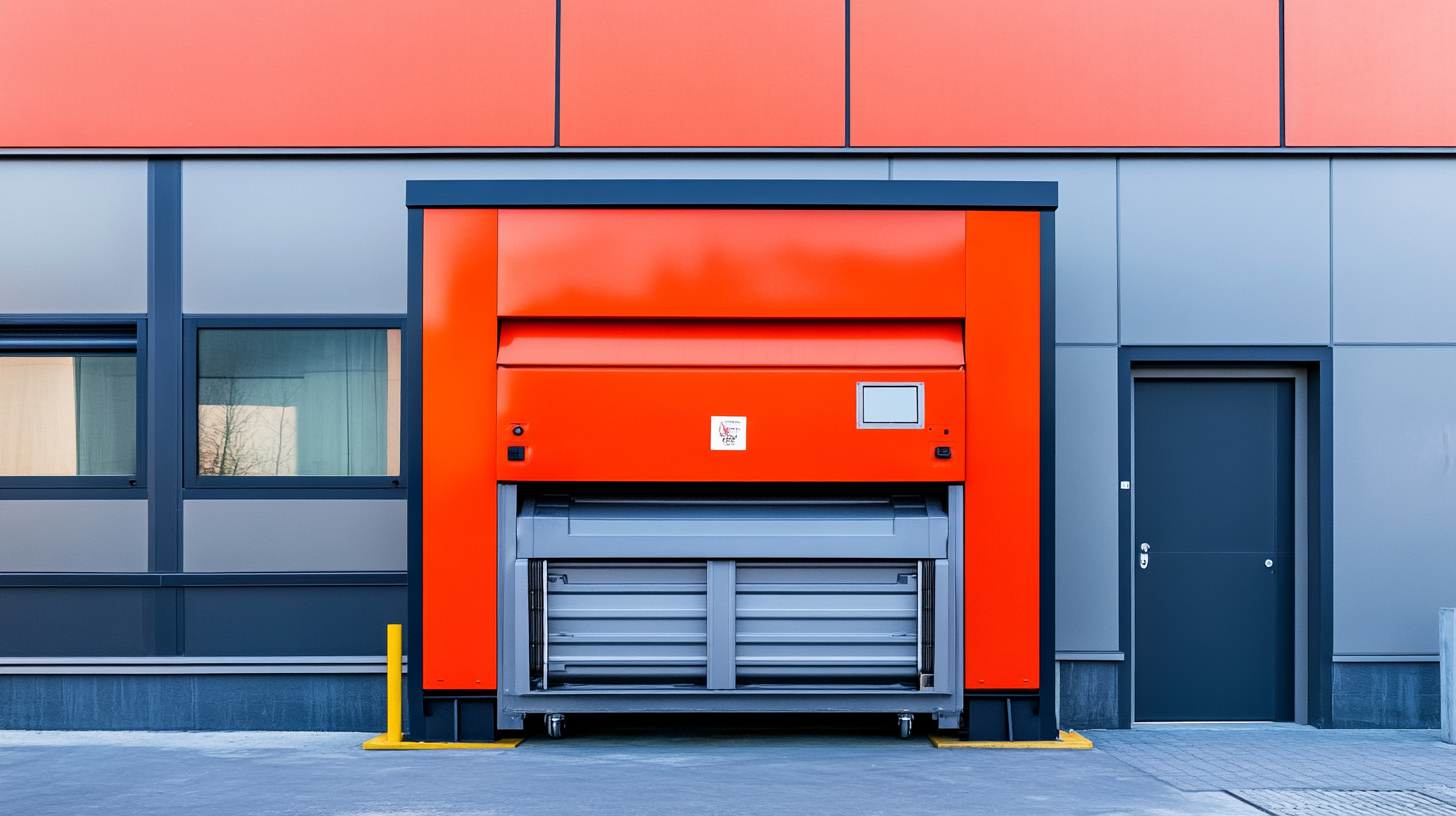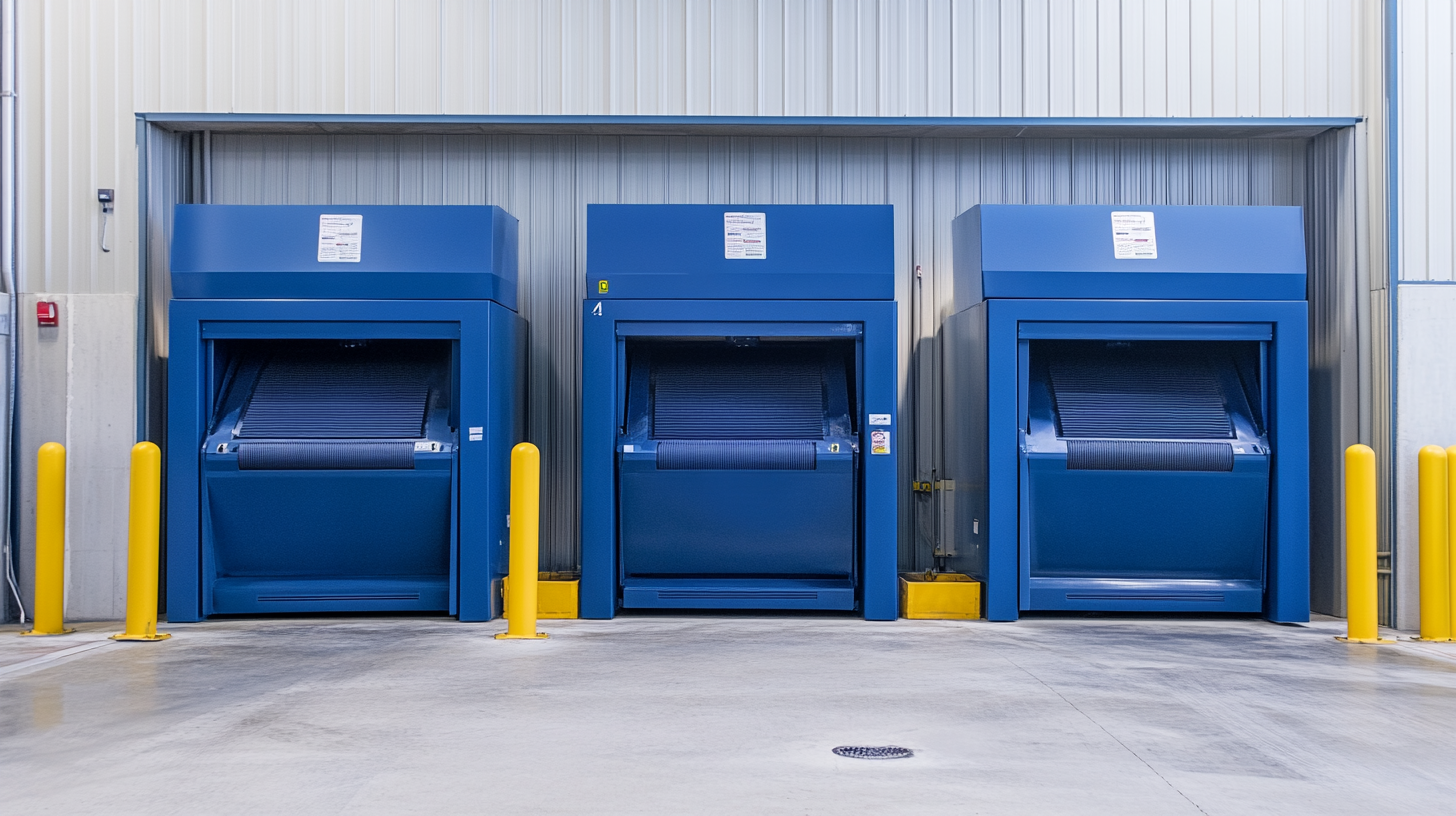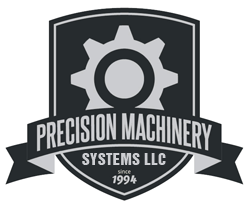5 Key Insights for Choosing the Right Commercial Trash Compactor for Your Business
Choosing the right commercial trash compactor is a crucial decision for businesses aiming to maximize efficiency and reduce waste management costs. According to a report by the Environmental Protection Agency, commercial facilities account for nearly 50% of landfill waste, highlighting the need for effective waste disposal solutions. A well-selected trash compactor can decrease waste volume by up to 80%, translating to significant savings on disposal fees and environmental impact reduction. Additionally, the global market for commercial waste compaction equipment is expected to grow steadily, driven by the increasing emphasis on sustainable practices across industries. As businesses face rising operational costs and stringent environmental regulations, understanding the key factors in selecting the right commercial trash compactor becomes essential for operational efficiency and adherence to eco-friendly standards. This blog outlines five critical insights designed to guide you in making an informed decision that meets your specific business needs.

Understanding Your Waste Management Needs and Goals
When it comes to selecting the right commercial trash compactor, understanding your waste management needs and goals is paramount. According to a report by the Environmental Protection Agency (EPA), businesses generate approximately 292.4 million tons of trash annually, with the commercial sector accounting for nearly 72 million tons. Recognizing your waste volume can help in determining the size and type of compactor required, which could streamline operations and significantly reduce costs associated with waste disposal.
Moreover, aligning your compactor choice with sustainability goals is essential. A study from the National Waste and Recycling Association (NWRA) indicates that effective waste management practices can reduce waste sent to landfills by up to 50%. This not only aids in meeting local regulatory requirements but also enhances your company's reputation as a socially responsible entity. Implementing a suitable compaction system can facilitate better recycling practices, optimize space, and minimize collection frequency, ultimately leading to a more efficient waste management approach tailored to your business objectives.

Evaluating Different Types of Commercial Trash Compactors
When evaluating different types of commercial trash compactors, businesses must consider several critical factors to determine the best fit for their specific needs. The most prevalent types include stationary compactors, self-contained compactors, and mobile compactors, each catering to distinct operational requirements. Stationary compactors are ideal for businesses with a high volume of waste, as they are designed for large quantities that need to be collected and transported regularly, making them efficient for manufacturing and distribution industries.
On the other hand, self-contained compactors are excellent for establishments that deal with liquid waste, such as restaurants and supermarkets. They feature a built-in container that helps prevent leaks and odors, improving hygiene and cleanliness in waste management. Mobile compactors provide flexibility for businesses that need to move waste compacting operations across locations. This adaptability is especially beneficial for construction sites or temporary setups. When choosing the right type of compactor, it's essential for businesses to assess their waste types, volume, and operational capabilities to ensure they select a solution that maximizes efficiency and minimizes costs.

Key Features to Look for in a Trash Compactor
When selecting the right commercial trash compactor for your business, focusing on key features is essential for optimizing waste management and operational efficiency. One critical aspect is the compaction ratio, which refers to how much waste can be compacted into a given volume. A good compactor typically offers a ratio of 4:1 or higher, allowing businesses to reduce the frequency of waste pickups and minimize landfill costs.
Additionally, consider the type of compactor that suits your operation. Solar-powered trash compactors have been gaining traction as a sustainable choice, utilizing renewable energy to operate and significantly reducing energy costs. According to recent market research, the solar trash compactor market is projected to grow, driven by increasing environmental concerns and the push for efficient waste solutions.
Safety features should not be overlooked; advanced safety mechanisms in modern compactors can protect personnel from operational risks, minimizing workplace hazards. With robust interlocking systems, these compactors ensure safe usage while maximizing compaction efficiency, aligning with industry demands for innovation in waste management. As businesses strive to improve both operational and environmental performance, investing in the right trash compactor proves to be an invaluable decision.
5 Key Insights for Choosing the Right Commercial Trash Compactor for Your Business - Key Features to Look for in a Trash Compactor
| Feature | Description | Benefits | Considerations |
|---|---|---|---|
| Compaction Ratio | The amount of trash compacted into a set volume. | Reduces the frequency of pickups and saves on disposal costs. | Higher ratios can lead to more stress on the equipment. |
| Size and Capacity | Dimensions and weight limit of the compactor. | Fits the volume of waste generated by your business. | Larger compactors require more space and investment. |
| Power Source | Electric, diesel, or propane options available. | Can choose based on availability and operating costs. | Powering method influences maintenance and running costs. |
| Safety Features | Emergency stops, safety guards, and warning lights. | Protects employees and reduces liability risks. | Must ensure safety features are functional and effective. |
| Ease of Maintenance | Access to components for repairs and routine checks. | Reduces downtime and extends the lifespan of the compactor. | Some designs may complicate routine maintenance processes. |
Cost Considerations: Budgeting for Your Trash Compactor
When budgeting for a commercial trash compactor, it's crucial to consider not only the initial purchase price but also the long-term costs associated with maintenance, operation, and potential savings. A reliable compactor involves various expenses, including energy consumption, which can significantly impact your overall operating budget. Understanding the energy efficiency of different models can help you make a more informed investment. Look for compactors that offer energy-saving features, as these will reduce monthly utility bills and offset some of the initial costs.
Additionally, maintenance is an essential factor in your budget planning. Regular servicing and parts replacement can add to the overall expense over time. It’s wise to choose a manufacturer that provides comprehensive warranty options and support services, ensuring that any unexpected repairs can be managed without breaking the bank. Factor in these potential costs when evaluating your options, as investing in a more durable and easier-to-maintain model can ultimately lead to cost savings over the life of the equipment, protecting your business's financial health in the long run.
Maintenance and Support: Ensuring Longevity and Efficiency
When selecting a commercial trash compactor, maintenance and support play crucial roles in maximizing longevity and efficiency. According to a report by the Environmental Protection Agency (EPA), properly maintained compactors can improve waste management efficiency by up to 30%, significantly reducing operational costs for businesses. Regular service checks and prompt repairs ensure that the compactor remains in optimal condition, capable of handling waste efficiently and reducing downtime.
Moreover, investing in a compactor with reliable support services can enhance overall business productivity. A study published by the National Association of Waste Industry (NAWI) indicates that businesses with a dedicated service plan experience 40% fewer breakdowns. These plans include scheduled maintenance, which not only prolongs the life of the equipment but also helps in adhering to safety and environmental regulations—a critical compliance requirement in the waste management sector.
By prioritizing maintenance and support when choosing a commercial trash compactor, businesses can ensure they are not only protecting their investment but also positioning themselves for sustainable operations in a competitive market.
